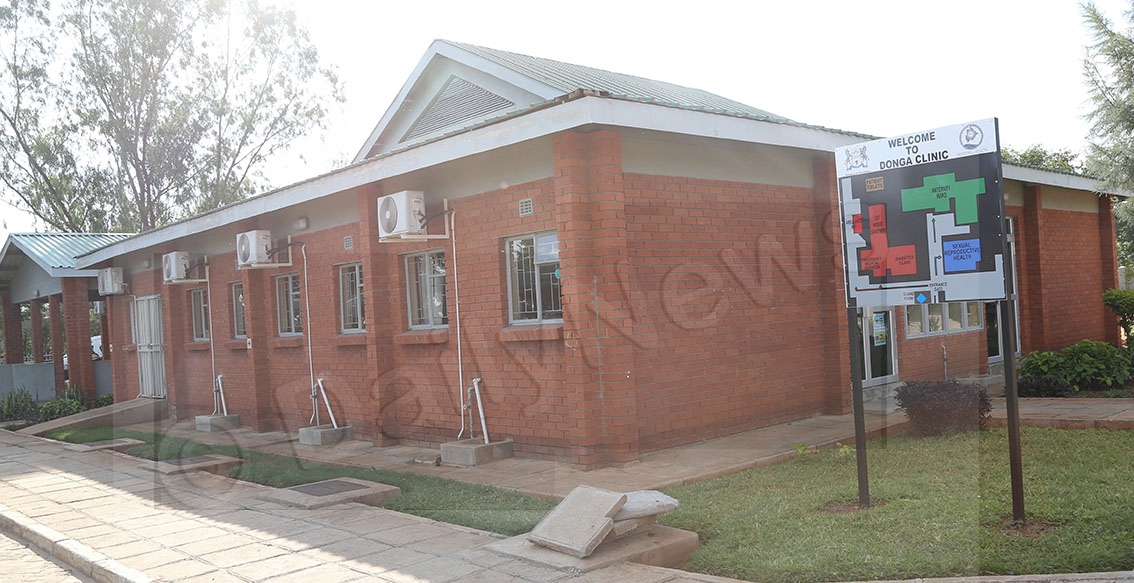Local government ready for primary health care transition
25 Mar 2025
The Ministry of Local Government and Traditional Affairs will on April 1 receive almost 45 per cent of staff from Ministry of Health.
Addressing a full council meeting in Tsabong on Monday, the ministry’s senior manager of Corporate Services, Mr Mmoloki Taukobung said this move aimed to decentralise healthcare administration and bring services closer to the people.
“It also marks a significant step in the country’s efforts to improve healthcare delivery by empowering local authorities to manage and administer the services directly.”
The decision marks a return to a structure initially established in 1978, following the Alma Ata declaration, which emphasised placing primary health care services within the Ministry of Local Government to enhance accessibility.
However, in 2010 the government consolidated health planning under the Ministry of Health.
A brief attempt to reverse this in March 2022 was halted to maintain a unified health delivery system.
Mr Taukobung outlined the scope of this significant administrative change noting that approximately 8 070 employees, representing 45 per cent of the Ministry of Health’s total staff of 17 838, would be transferred to the local government ministry.
The relocation would primarily affect districts without primary hospitals, including Gaborone, Tlokweng, Ramotswa, Tonota, Francistown, Jwaneng, Kanye, Moshupa, Charleshill, Sowa, Mabutsane, and Letlhakeng.
In these areas, Mr Taukobong said all primary health care employees would move to the local government ministry.
He further explained that the districts with primary hospitals or shared resources, such as Good Hope, Tsabong, Hukuntsi, Ghanzi, Okavango, Chobe, North East, Boteti, Serowe, Palapye, Mahalapye, Selebi Phikwe, Bobirwa, Kgatleng, Tutume, North West, Kweneng, Lobatse, and Mogoditshane-Thamaga, would undergo a rationalisation process to determine the allocation of staff between hospitals and clinics.
Mr Taukobong said that a change in management plan that included employee engagement, counselling and psychological support had been developed and would be implemented for all the affected staff members.
The government’s decision aims to improve local responsiveness and accessibility by decentralising healthcare administration.
However, the transition raises concerns about potential disruptions and the need for seamless coordination between the two ministries.
The long-term impact on healthcare delivery and efficiency remains to be seen.
The announcement has sparked mixed reactions.
While some welcome the potential for improved local access, others express concerns about the potential disruption and the need for seamless coordination during the transition. Councillors expressed worry about the state of health facilities and resources, which they described as obsolete and in need of replacement, especially vehicles and health equipment.
Mr Taukobong further called for cooperation and commitment between the two ministries for smooth sailing of the transition process and he also urged them to continue advocating for better healthcare services. ENDS
Source : BOPA
Author : Naomi Leepile
Location : Tsabong
Event : Full council session
Date : 25 Mar 2025







